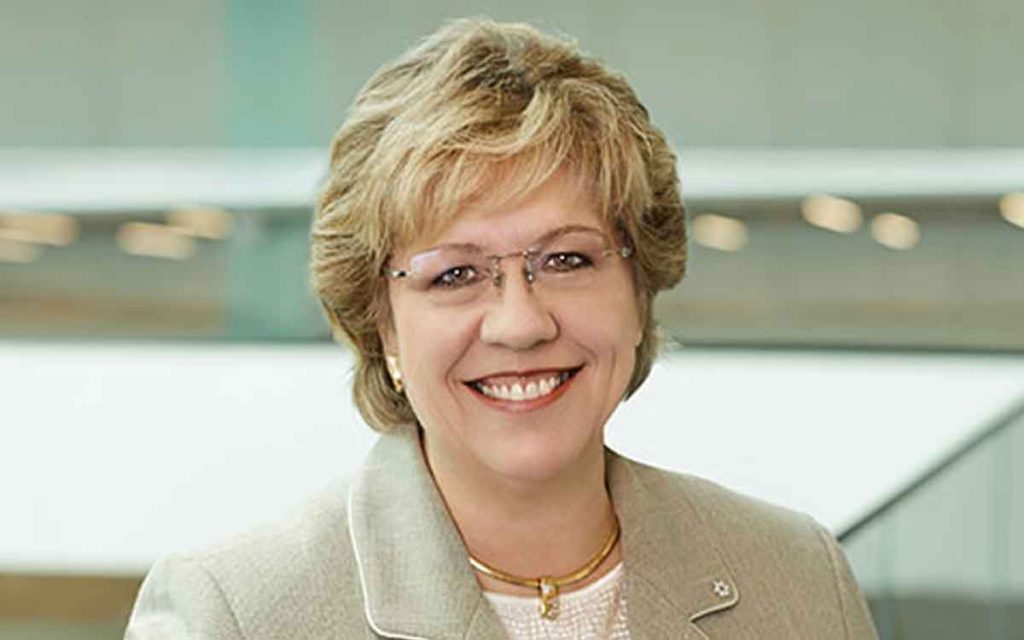
A retired but well-read journalist often says the four most dangerous words in the English language are “the science is settled.” True science is never settled. It always responds and adapts to the latest evidence and recognizes that the answer to most scientific questions starts with “it depends.”
Over the past week, the quote has come to mind for this author as COVID cases have climbed, resulting in more provincial government-imposed lockdown restrictions in Toronto, Peel and Ottawa.
Our political and public health leaders have been going flat out since March – and it shows. They are no doubt tired and frustrated and cranky. And who can blame them? One can only imagine the pressures.
But the public is stressed too. The social and economic costs of continued lockdowns are growing – small business owners losing their life’s savings due to bankruptcy; parents struggling to work from home while caring for children in a small apartment; the frustration of whether to send your child to school or endure the stress of on-line learning; private sector workers who have lost their jobs; the growing backlog of non-COVID medical procedures; increasing mental illness, divorce, child and spousal abuse; front line employees and first responders risking their health and the health of their families to keep the rest of us safe and fed.
They need more than what is currently on offer from our leaders and the media.
First, stop this mantra of “this isn’t my decision, it’s based on the best medical and scientific advice.” Of course, it’s your decision. Experts give “advice”, not direction. A political leader must weigh the upsides and downsides, the likely outcomes and unintended consequences and then make the decision. That is the job and it’s not easy.
Heed public health advice, but it must be weighed against its social and economic consequences. Delayed surgeries kill people too. So can mental health stress and unemployment. As one former politician is fond of saying, there are no right or wrong answers in government, there are only “less wrong” choices.
And there is little “settled science” on COVID. We are still learning about this nasty little virus, how it spreads, how it attacks us, does it provide future immunity – the questions go on. Media hyper-ventilate by nature but it would be helpful if reporters would please stop asking doctors and politicians to provide definitive, black and white answers to questions that defy such responses.
Recently, reporters grilled leaders about how safe a Thanksgiving family dinner was. There is no simple yes or no answer. It all depends.
How old is Grandma, does cousin Bob have serious health problems, has Aunt Lucy just come back from visiting a COVID hot spot, has young Charles been partying with his university pals in the dormitory, will the meal be served in the dining room or on the back patio?
All our leaders can do is offer their best advice, caveats and all, about what should be done as the second COVID wave rolls in. And yes, they might disagree.
And finally, some transparency and clarity please. First it was “planking the curve”, controlling the rapid spread so our hospitals could cope. And it worked.
What are we trying to accomplish now with this second wave and the new restrictions? Eradication of the disease? Good luck with that. Like the flu, this bug could be with us for the foreseeable future, even with a vaccine.
We do have more going for us now than in the spring – more knowledge about prevention and treatment, better prepared hospitals, a public more willing to wear masks and sanitize everything that moves, more testing (despite continued challenges), a caseload tilted towards younger patients less likely to need intensive care.
So let’s be real about what is possible and sustainable. Without a vaccine, we need to learn to live with COVID in ways that protect our most vulnerable, maintain hospital capacity and minimize social and economic costs to the extent possible.
We need better data and more transparency about what metrics will trigger decisions – caseloads, death rates, hospitalizations, etc.
We need clearer communication from our leaders even if the answer is “it depends.”
We need the media to stop with the scary headlines. Give us as much information as possible but please provide the context so the public can judge what it really means.
Most importantly, we need decision makers to use as much common sense as science to guide their decisions.
As for the rest of us? Take a deep breathe, accept that there are no easy answers and that as much as we wish it, this will not be over by Christmas or even Easter. And don’t forget to wash your hands.

Janet Ecker is a former Ontario Finance Minister, Minister of Education, Minister of Community and Social Services and Government House Leader in the governments of Premier Mike Harris and Premier Ernie Eves. After her political career, she served as the founding CEO of the Toronto Financial Services Alliance, a public-private partnership dedicated to building Toronto region into an international financial centre. She currently sits on a number of corporate and non-profit boards, agencies and advisory committees.
Ms. Ecker received the Order of Canada for her public service contributions and was recognized as one of the “Most Influential People in the World’s Financial Centres” by Financial Centres International. She also received a “Canada’s Most Powerful Women: Top 100 Award” from the Women’s Executive Network and the Richard Ivey School of Business, among other awards. She is also one of the founders of Equal Voice, a national, multi-partisan organization working to elect more women.




















